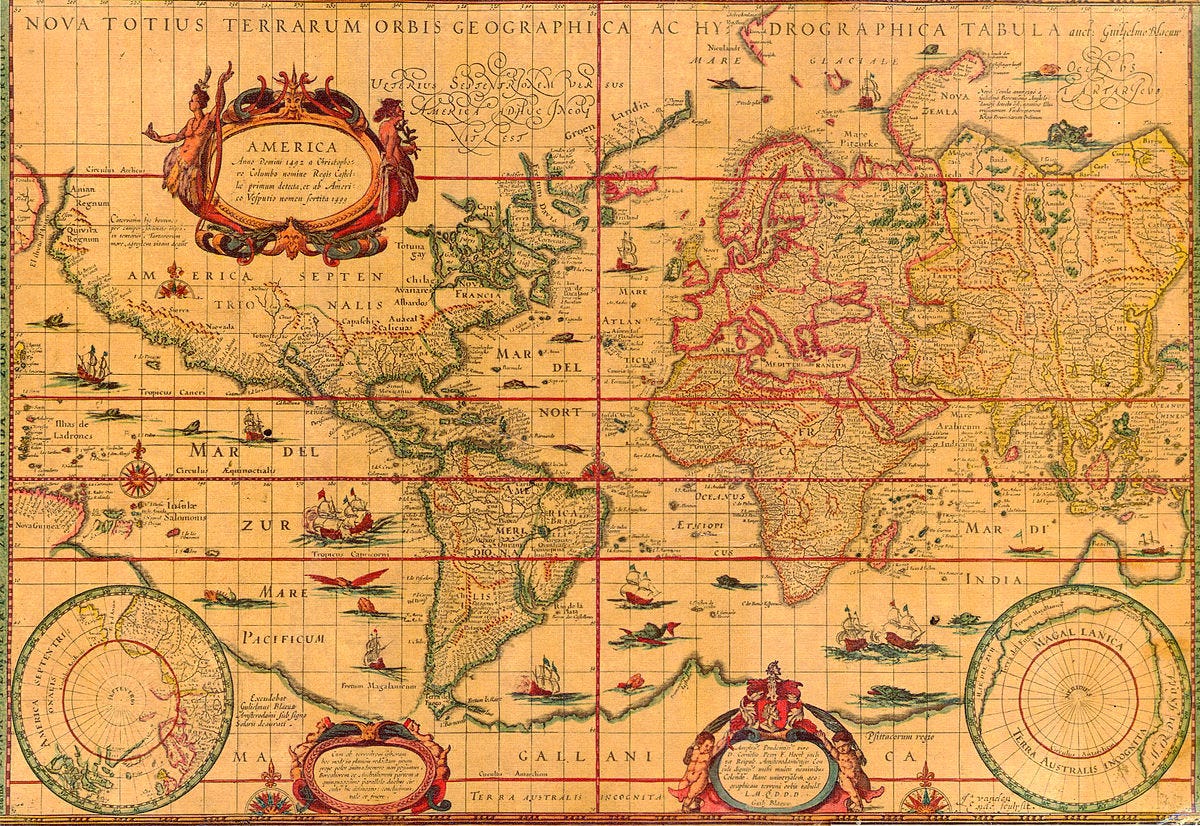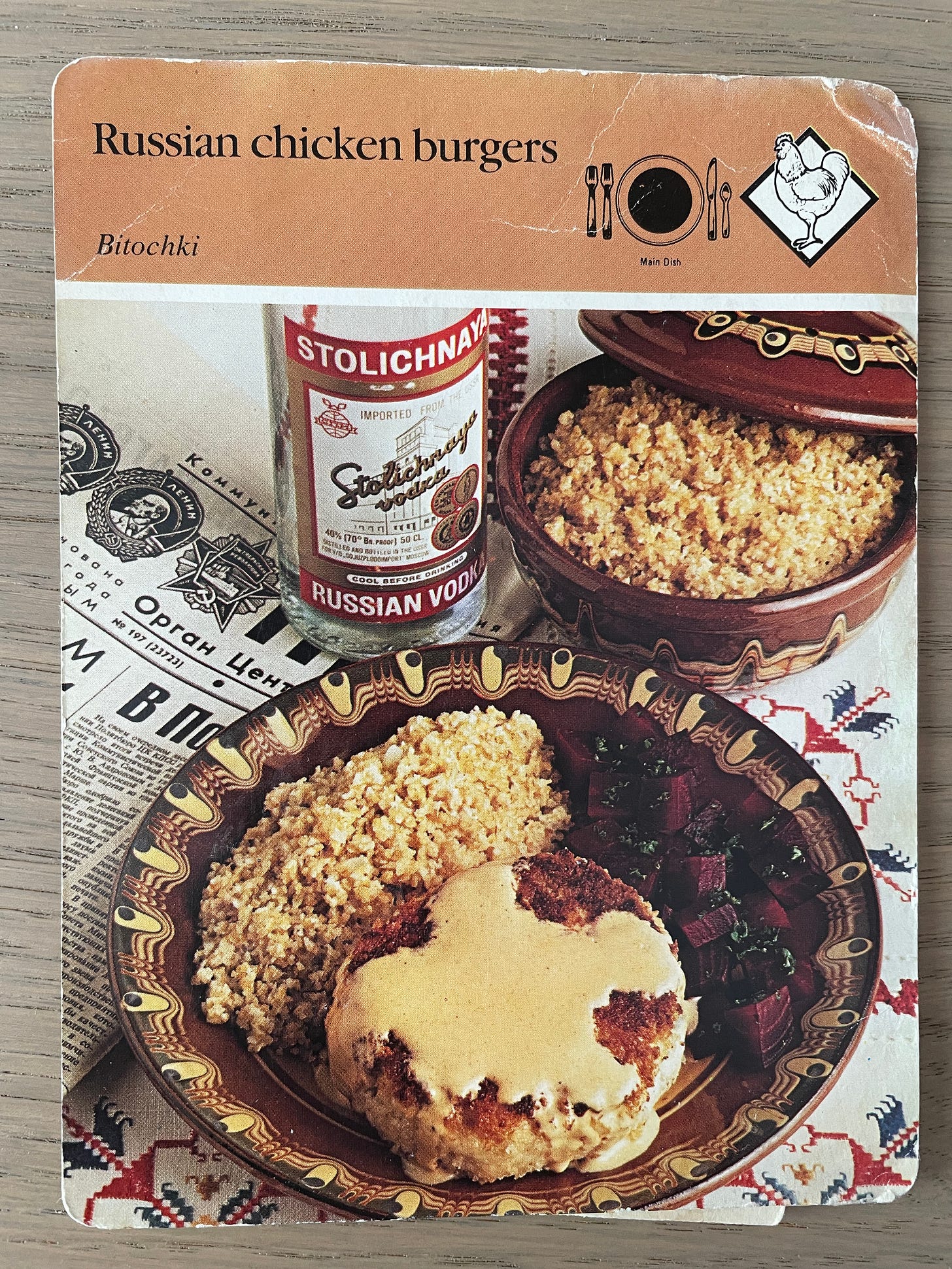Come in the middle? Here’re links to ➡️ Chapter One, Chapter 2, Chapter 3, Chapter 4, Chapter 5, Chapter 6, Chapter 7, Chapter 8, Chapter 9 , Chapter 10, Chapter 11, Chapter 12, Chapter 13, Chapter 14 , Chapter 15 , Chapter 16, Chapter 17, Chapter 18, Chapter 19, Chapter 20, Chapter 21, Chapter 22, Chapter 23, Chapter 24, Chapter 25
Looking for the Map
Jenny Sanford, wife of the governor of South Carolina, was quoted in my favorite rag The New York Times, as she ended her foray with reporters obsessed with her husband’s admitted affair with an Argentine woman, “I wish we had room on the boat for all of you, but we do not.” She was about to go on a trip, in the middle of the sea, to, presumably, get away from the media storm.
She appeared to know where she was going, but I think somewhere along the line, she needed a map.
D., while looking for his map, told me he had built his boat. How many divorced men do you know who live in Annapolis and have bought a boat? D. has built a metaphorical boat. He wants to have dinner. He wants to go to a movie with me. Does he want to be with me? Hard to tell.
He tells me he needs to figure out how to sail it. He tells me if I wait, the boat will be there with room on that boat for me.
The waiting is hard so he tells jokes:
A genie appears before an old Jew and offers him one wish—anything he wants. The old man strokes his beard, thinks for a minute and says, “Wait a minute let me get my map.” He brings out an old, wrinkled map of the Middle East, spreads it out before the genie and tells him, “See these countries here? They don’t get along. They have fought for thousands of years. I would like to see them all live together in peace.” The genie looks slightly taken aback. He says, “I’ve heard of this. I don’t think what you want is at all possible, even for me. Is there anything else—anything—that you would like instead?” A wistful smile crosses the old man’s face as he says, “Well, I’d like my wife to give me a blowjob.” After a long pause, the genie replies, “Can I see that map again?”
The elephant on the table sits in this joke.
When we were together, D. could not tell me why pleasure was problematic. And I couldn’t forgive him for not taking pleasure when I offered it. I’m ashamed of this now—among many other things that sit in the shame box of the map I need. The shame box sits with the north, south, east, west compass. No way to find my way without it.
One Valentine’s day, I waited at home for him in the four-story house in Adams Morgan with the chef’s kitchen (See Chapter 7 “First Kiss). I finished my writing and then made his favorite dish:
Russian Chicken Burgers with Stroganoff Sauce.
I roasted beets in the oven (if you haven’t done this, it’s worth a try: a roasted beet beats any beet you’ve ever eaten). I let them cool and then sliced the beets and cut the slices with a heart shaped cookie cutter (It was tacky, but I’d been shooting hoops for too long). I cooked rice: the Stroganoff sauce loves rice. I set the table with the farm dishes I love: scenes of home and family like the drawing my daughter made in first grade of a cutout butterfly pasted and floating on background of scribbled chalk—sun, grass, house (right in the center)—now on faded construction paper. This childhood drawing hangs framed in the condo where I live alone now. It used to hang in my writer’s room and library in the four-story house where that Valentine’s Day dinner went south when I went south. We had eaten in the dining room and I came around the table to give him a blowjob: he shoved me away.
The shame of this is mine: I could not forgive him for this rejection. I don’t understand even now why he couldn’t accept, but I do understand how painful it must have been for him to push me away.
Salman Akhtar, psychiatrist and poet, has written in his book Broken Structures, “The Parable of Two Flower Vases.” I hope he’ll forgive me here for paraphrasing the psychoanalytic phrasing of the question that resulted in his parable. The question was from a student who wanted to know (my version here) if someone who had lost his map and gone through the discovery needed to find it were compared with “a person who has always been psychologically well adjusted” would the two be indistinguishable? Here is his answer:
“Well, let us suppose that there are two flower vases made of fine china. Both are intricately carved and of comparable value, elegance, and beauty. Then a wind blows and one of them falls from its stand, and is broken into pieces. An expert from a distant land is called. Painstakingly, step by step, the expert glues the pieces back together. Soon the broken vase is intact again, can hold water without leaking, is unblemished to all who see it. The lines along which it had broken, a subtle reminder of yesterday, will always remain discernible to an experienced eye. However, it will have a certain wisdom since it knows something that the vase that has never been broken does not: it knows what it is to break and what it is to come together.”
Russian Chicken Burgers with Stroganoff Sauce: recipe by my beloved Pierre Franey who used to write the column “The 60-Minute Gourmet” in The New York Times where I found this:
The Burgers
1 1⁄2 lbs. skinless and boneless chicken breasts 1 cup fine soft bread crumbs
1 1⁄3 cup heavy cream
pinch cayenne pepper
1⁄8 tsp grated nutmeg
salt and freshly ground pepper
2 tablespoons corn or peanut oil (I use olive oil)
fresh dill for garnish
1. Cut the meat (remove cartilage) in 1-inch cubes and put in a food processor; blend to coarse texture.
2. In a mixing bowl, place meat. Blend 1⁄2 cup of the bread crumbs with the cream and add to meat. Add the cayenne, nutmeg, salt and pepper. Blend with hands.
3. Divide mixture into four balls, pat down to flatten, roll in bread crumbs. Press to make sure crumbs adhere.
4. Heat oil in a skillet. Cook the patties until browned on one side. Turn and cook 10 minutes on other side.
Stroganoff Sauce
1 tablespoon butter
1⁄4 cup finely chopped onions 1⁄2 teaspoon paprika
1 tablespoon red wine vinegar 1⁄4 teaspoon dried thyme
1⁄3 cup heavy cream
1⁄4 cup sour cream
salt and freshly ground pepper
1. Melt the butter in a saucepan, add onion and paprika, Cook, stirring until the onion is wilted.
2. Add the vinegar and thyme. Cook stirring until the vinegar reduces.
3. Add the cream and cook until mixture reduces to about half.
4. Add the sour cream, salt and pepper. Heat to boiling point.
_________
I am not able to make this dish in my condo. I am looking for my map and I don’t have a boat.
So what do I do? I date. I screw around trying to find out if I’m desirable. I think that is the problem.
D. tells jokes.
Special bonus joke: What do you get when you cross a genius and a hooker?
Answer: a fuckin’ know-it-all.
Get me a map.
Grateful acknowledgment is made to the following for permission to reprint previously published material in chapter 26: Salman Akhtar: Excerpt from Broken Structures: Severe Personality Disorders and Their Treatment. Copyright 1992 by Jason Aronson, Inc. Reprinted by permission of Rowman & Littlefield Publishing Group.
Coming next: Chapter 27, “The Elephant” Table of Contents
Love,





This may be my favorite chapter of yours, Mary, because of all that it holds in tension. That recipe looks delicious (even with my lactose intolerance), but the scene it conjures is heartbreaking. I find D's jokes hilarious (I'm an inveterate teller of ribald jokes, myself), but they are not funny at all in context. This is what Ben Percy calls the art of reversal. He uses the scene in Jaws when the men are laughing and swapping dating stories as an illustration. Suddenly Quint recalls a shark attack years ago that he barely survived, and the mood shifts. We're made defenseless by the humor and then feel the gut punch more. I like your chapter better as an illustration. Heartbreaking (but I'll be sharing those jokes..., and they made me feel your pain much more keenly)
What a heart-breaking-mending chapter. And in the spirit of kinsugi, where restored vases celebrate the break with gold-flecked glue, you too, are more beautiful from the fall.